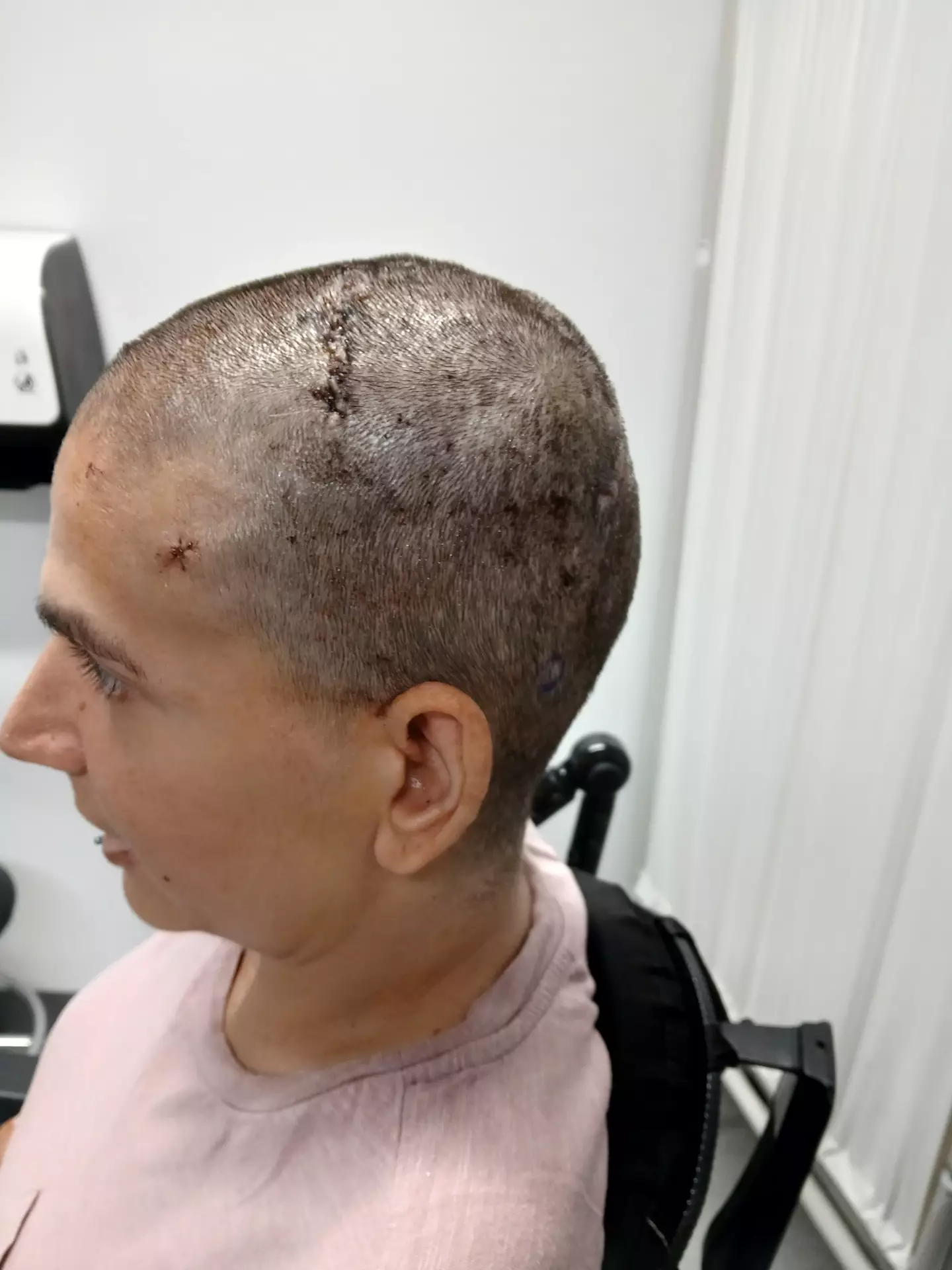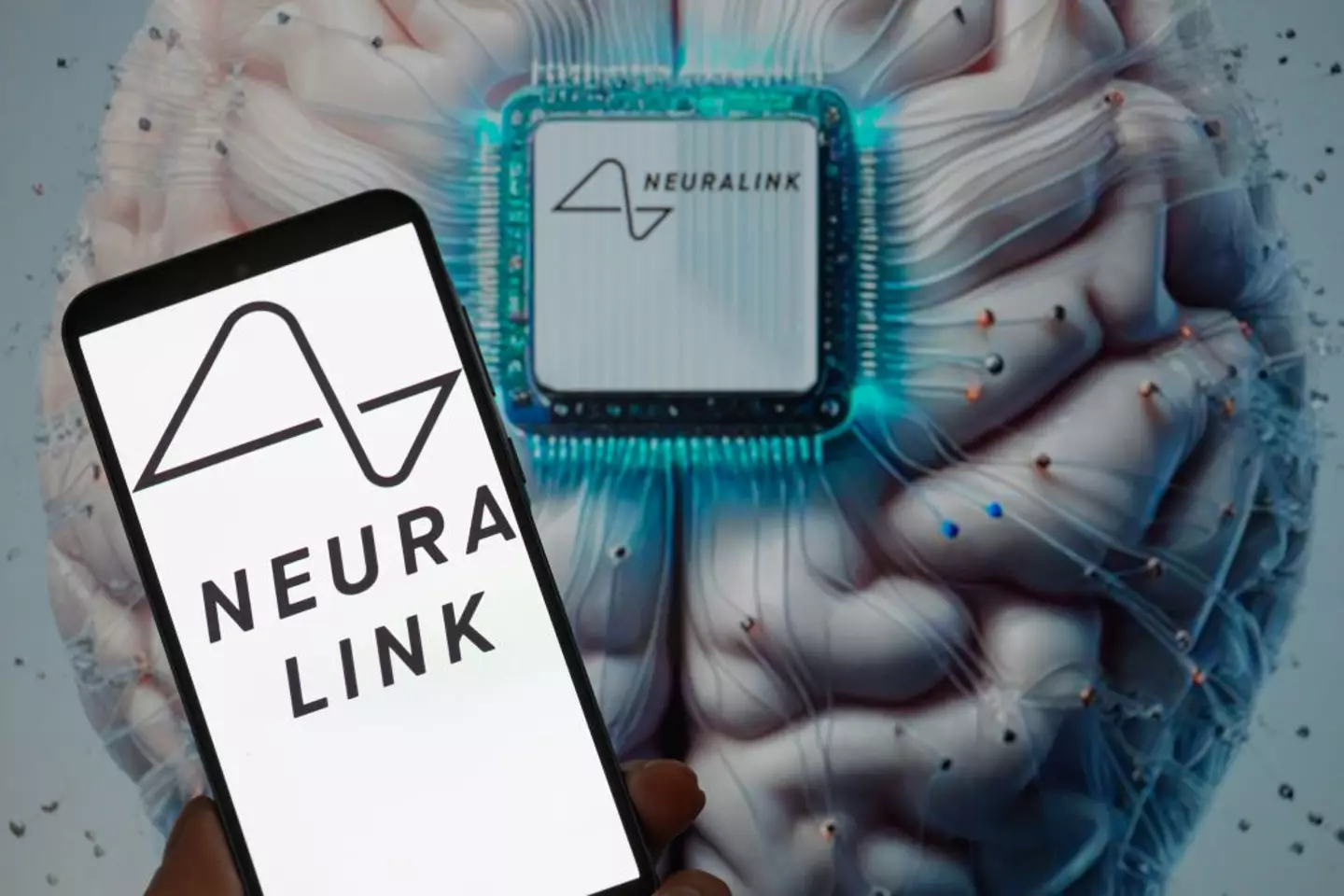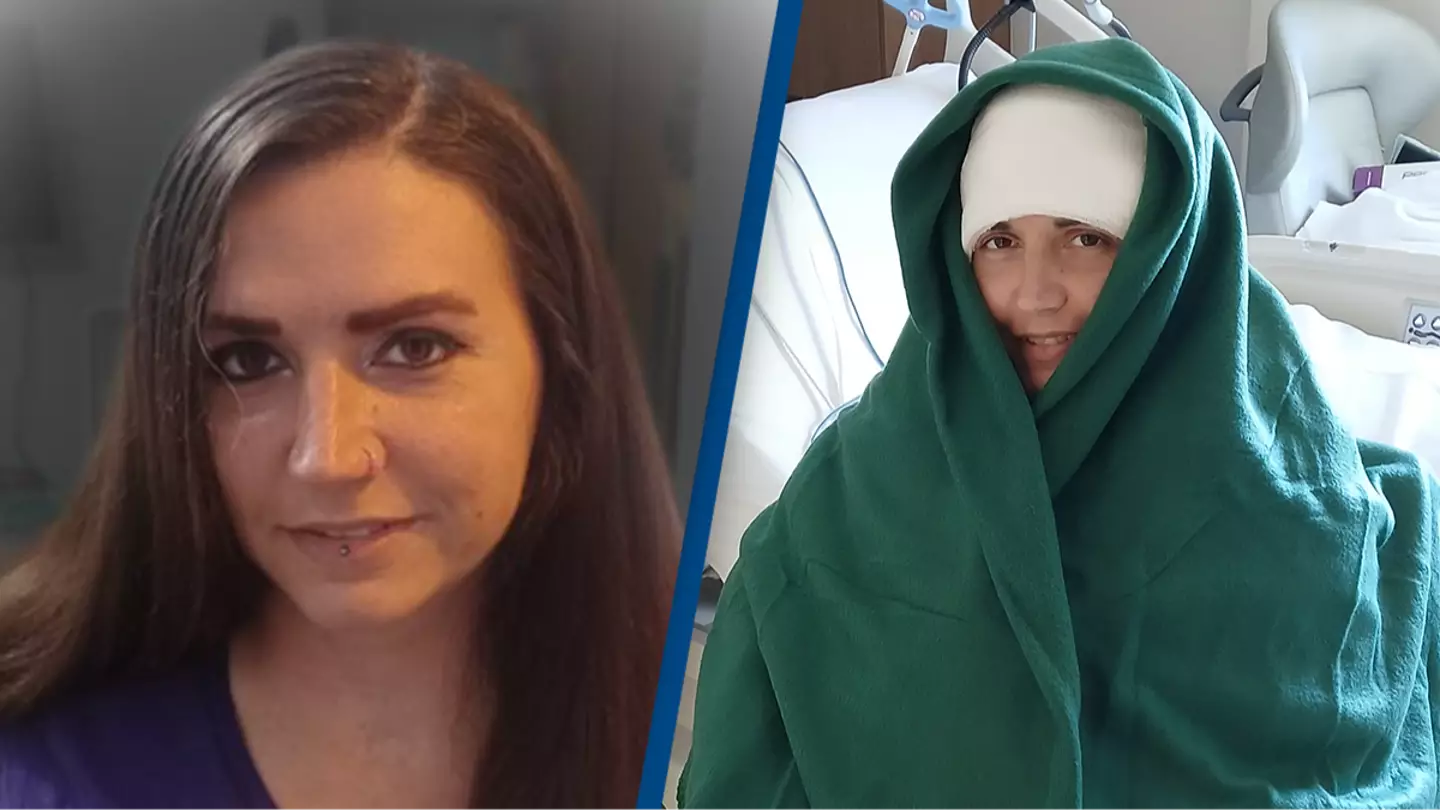Recently, an individual fitted with a Neuralink chip has achieved the ability to write her name for the first time in twenty years.
When she was 16, Audrey Crews experienced a severe car accident in 2005, which resulted in damage to the C4 and C5 vertebrae in her neck.
She has lived as a quadriplegic since then, making it impossible for her to use her limbs.
However, after receiving Elon Musk’s brain-computer interface (BCI) chip in mid-July, she has started to regain some degree of independence.
The chip, which is smaller than a 50 cent coin, is implanted into the skull using microscopic wires.
It functions by targeting individual neurons, while ultra-thin wires with electrodes record brain activity and transmit it wirelessly to external devices via Bluetooth, enabling users to control computers just by thinking.

Elon Musk established Neuralink in 2016, but human trials only received FDA approval in 2023. The outcomes have been quite impressive so far.
Audrey, who is the first woman to undergo this procedure, has been documenting her advancements with the chip on social media.
She announced a significant achievement on Sunday (July 27) – she successfully wrote her name on a computer using her thoughts.
“I tried writing my name for the first time in 20 years. Im working on it. Lol #Neuralink,” she shared on Twitter.
Musk replied, saying: “She is controlling her computer just by thinking. Most people don’t realize this is possible.”
Audrey has continued to display doodles she has made – which, honestly, are probably better than what many could do using their hands – and she mentioned she was ‘taking requests’.
She now aspires to write a book about her experiences, posting on X: “I’ve been a quadriplegic since the age of 16 so I have lots to tell.”
Audrey is among the latest to receive the Neuralink implant, following Noland Arbaugh, who was the first in January 2024.
Neuralink reports that a total of nine individuals have been implanted with the device.

Although Neuralink is providing assistance to paralyzed patients, Musk envisions it could eventually be used for ‘human/AI symbiosis’.
Yes, that concept is as daunting as it sounds.
In essence, the chip could enhance our memory and cognitive functions – and allow for rather unsettling capabilities, such as storing and replaying memories.
While this idea may seem like something out of science fiction, it might soon become reality – for a price…

